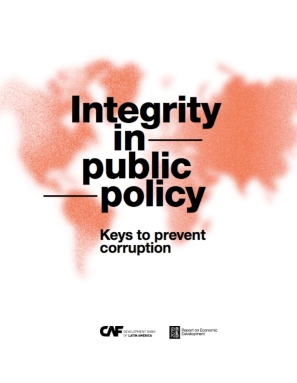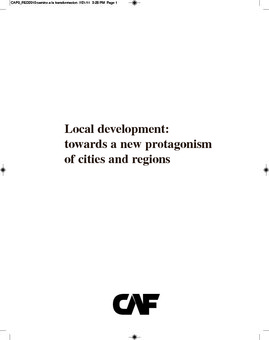Inside the revolving door: campaign finance, lobbying meetings and public contracts. An investigation for Argentina
Resumen
This paper explores the relationship between political influence activities by interest groups and benefits obtained in the form of public contracts. We propose an electoral competition model where interest groups make ex-ante campaign contributions to candidates and ex-post lobbying contributions (efforts). Campaign contributions are useful to bias the election result although an aggressive campaign fight encourages interest groups to concentrate in lobbying activities. Using a novel and unique dataset at the individual level, we find that lobbying meetings are positively correlated with public contract amount and the probability of obtaining a contract. This result holds when controlling for unobserved heterogeneity. Campaign contributions are not significantly related to either public contract amount or the probability of winning contracts.
Materia
País / Región
Fecha
2019-01-21Citar de esta publicación
Item perteneciente a la Colección
Autor
Freille, S.Avramovich, C.
Moncarz, P.
Sofietti, P.
Items Relacionados
Public-Private Partnership in Latin America. Learning from experience
In recent decades, many Latin American countries have launched public-private partnership models for the construction, maintenance and operation of ...
RED 2019: Integrity in public policy. Keys to prevent corruption
Corruption has long been installed in Latin America as one of the main concerns of the population. Reasons are not lacking, since the consequences of ...
RED 2010: Local development: towards a new protagonism of cities and regions (chapter one)
The analysis presented throughout this publication suggest that a successful local development strategy should be comprehensive, that is, it should act ...





